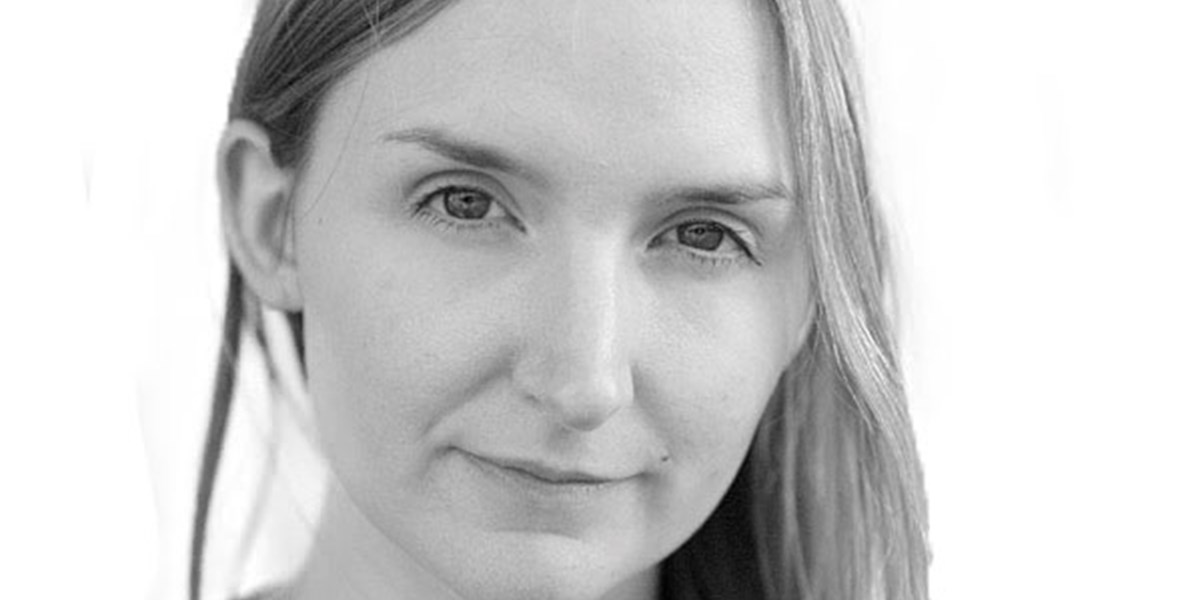Tuesday, March 5, 2019
Why we need to talk about the gender imbalance in folk and traditional music
Scottish singer and multi-instrumentalist Rachel Newton speaks out about gender imbalance within the folk and traditional music scene in the UK...


Register now to continue reading

Thanks for visiting the Songlines website, your guide to an extraordinary world of music and culture. Sign up for a free account now to enjoy:
- Free access to 2 subscriber-only articles and album reviews every month
- Unlimited access to our news and awards pages
- Our regular email newsletters

